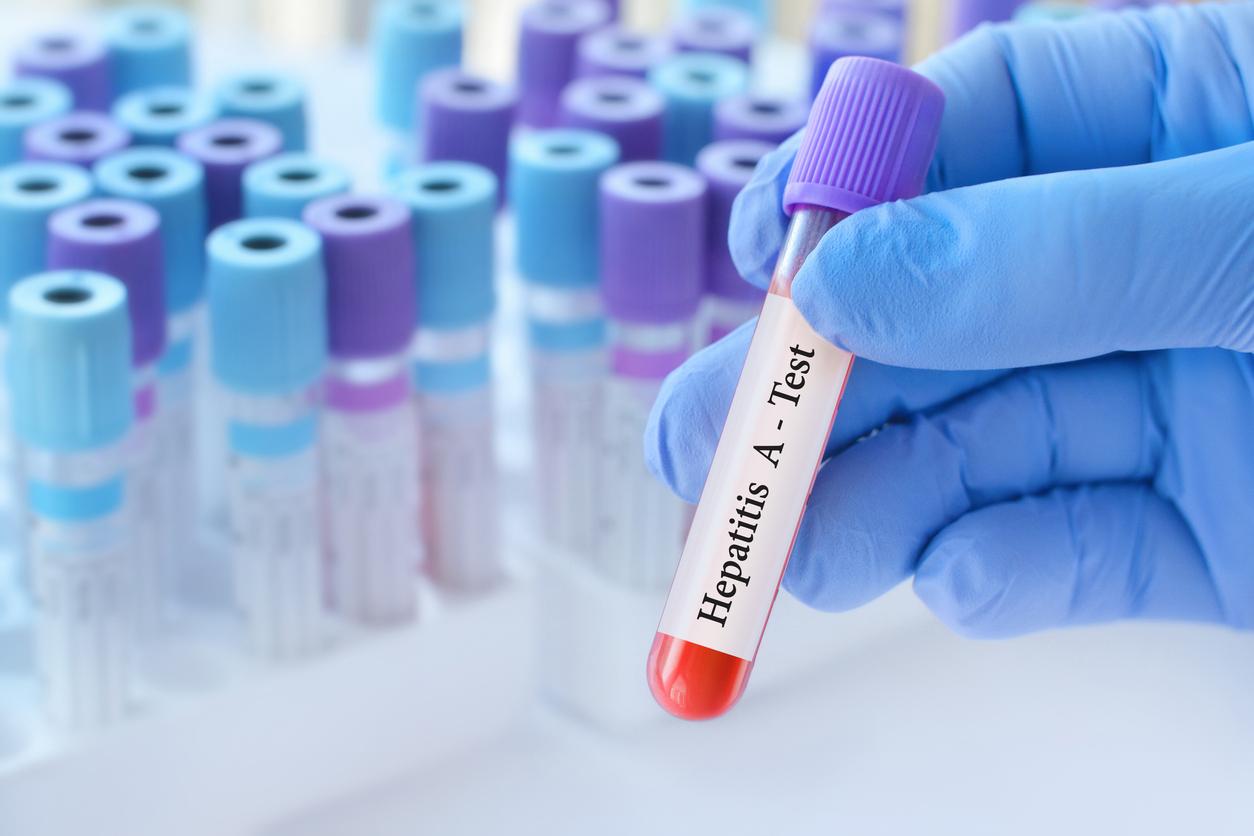Why don’t GPs routinely recommend pediatric vaccinations to families when they immunize their children? “It is up to them to convince their patients to be vaccinated, to protect themselves as well as to protect those around them,” recalls Soline Roy in Le Figaro.
In an attempt to explain this paradox, researchers from the University of Lorraine and Inserm interviewed 1,582 doctors, 1,038 of whom had a child aged 2 to 25. The results published in Clinical Microbiology and Infection are uplifting.
A large majority of these professionals had vaccinated their children against MMR (97%), hepatitis B (77.7%), and meningococcal C (60.2%). “But the authors discovered that 60% of them had done it… and yet did not systematically recommend it to their patients”, continues the journalist. For hepatitis B, for example, one out of four GPs spoke about it systematically to teenagers.
Several reasons can explain this double talk. First, practitioners are increasingly confronted with the reluctance of policyholders regarding vaccination. Unreliable, dangerous, ineffective, criticisms multiply, often leaving the profession unable to respond to all objections.
It also happens that doctors are not always convinced by recently marketed vaccines. Finally, the absence of a consultation dedicated to vaccination and a busy vaccination schedule may explain these shortcomings.
So, how to convince without coercing? Perhaps by recalling, as the daily does, that 2 to 3 million people are saved in the world every year, thanks to vaccination, almost as many deaths (1.5 million) could be avoided by improving coverage vaccine.









